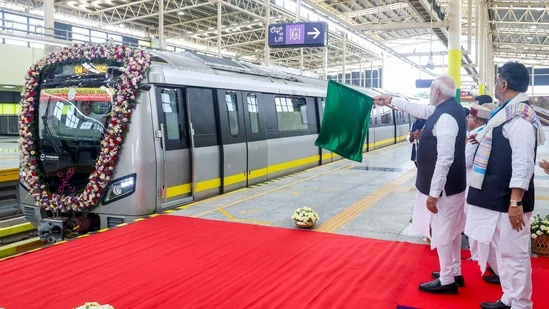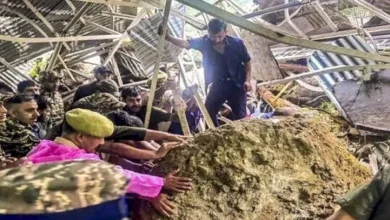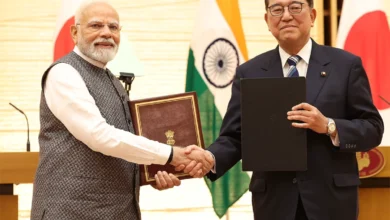Ease congestion, link key hubs: How Bengaluru Metro’s yellow line will benefit commuters

Prime Minister Narendra Modi inaugurated the much-awaited yellow line of the Bengaluru metro on Sunday, connecting RV Road in the south to Bommasandra in the city’s industrial belt.
With 16 stations and a route length of over 19 km, this new line under the Phase-2 project will change the way commuters travel every day. The project, worth around ₹7,160 crore, increases the operational metro network in Bengaluru to over 96 km.
Links multiple metro corridors
One of the key benefits of the new line is its connectivity. The Yellow line is linked to the Green Line at RV Road, allowing the commuters from south Bengaluru to head north or west without hassle.
It will also provide interchanges at Jayadeva Hospital and the Central Silk Board station, further connecting it to other metro lines.
Ease traffic congestion
The Yellow line will also help in easing traffic congestion on key corridors like Hosur Road, Silk Board Junction, and Electronics City Junction. With the new line, the Bengaluru metro will expand its network to over 96 km, catering to a larger population in the city.
Over 6 lakh commuters to benefit
Union Minister of State Shobha Karandlaje has said that the inauguration of the yellow metro line will enable over 6 lakh people to commute daily through the new line, ANI reported. While speaking on the ongoing road traffic congestion, she said it was even difficult for even an ambulance to reach its destination.
This metro line will help in linking the key hubs in South Bengaluru, cutting down the travel time for commuters. According to a report by News18, the travel time between central Bengaluru and Electronics City takes up to 2 hours during rush hour, which can also extend during accidents or traffic snarls due to rain.
Fare and Frequency of trains
With the inauguration of the new Metro line in Bengaluru, 3 trains have been introduced under this line, while a fourth one is set to arrive this month, Deputy CM and Minister in-charge for Bengaluru development, D K Shivakumar, told ANI. The three trains will operate at an interval of 25 minutes, which will later be increased to 10-minute intervals.
According to the report, the fare prices will be in line with the current Namma Metro prices in Bengaluru, which range from ₹10 to ₹90 for a one-way ticket.
Meanwhile, the Phase-3 of Bangalore Metro Rail project is also in the pipeline as Prime Minister Narendra Modi on Sunday laid the foundation stone for the ₹15,610 crore-rail project.
The total route length of the Metro Phase 3 project would be more than 44 km and it will have two corridors: JP Nagar 4th Phase to Kempapura (32.15 km) and Hosahalli to Kadabagere (12.5 km).








